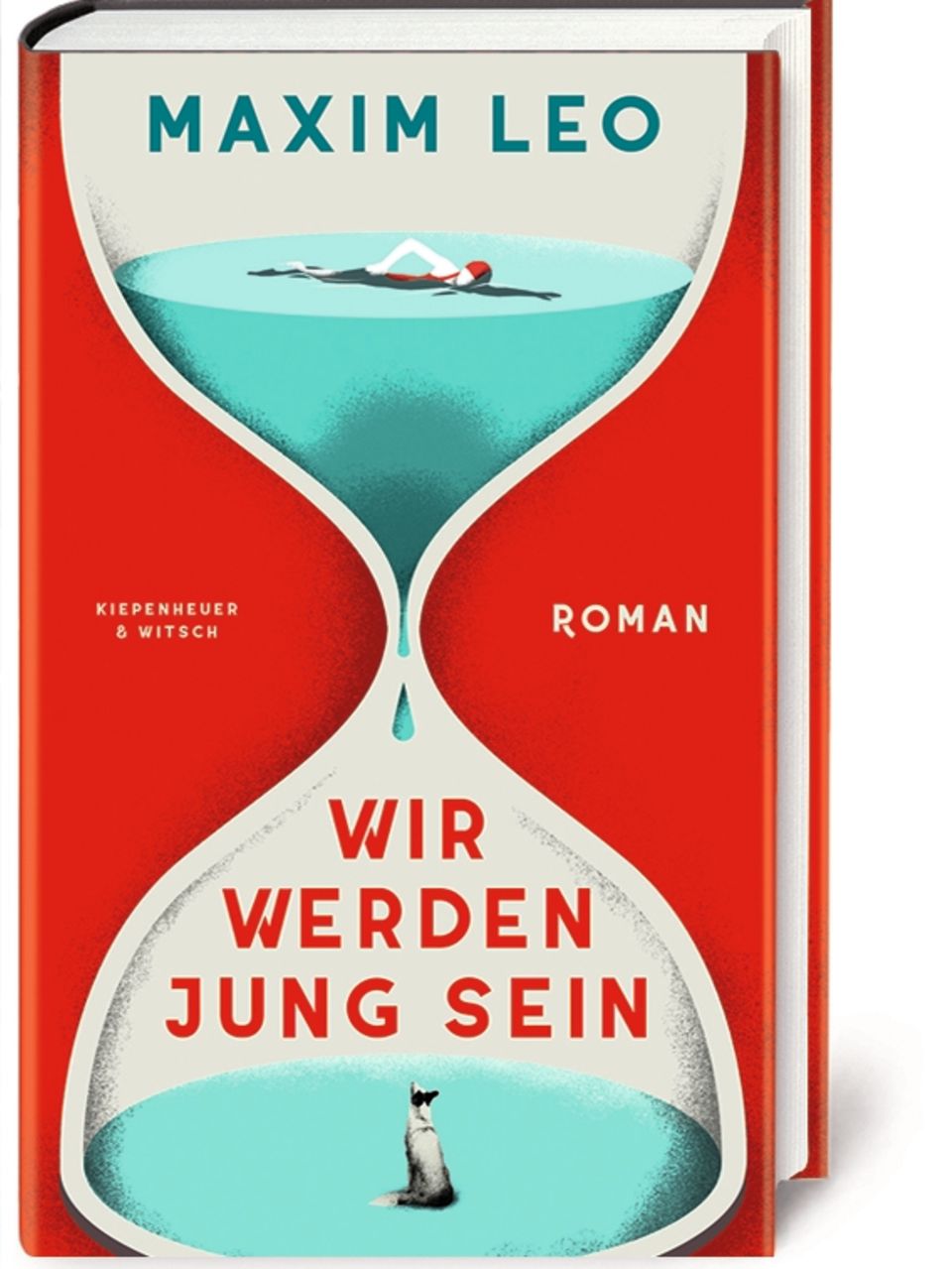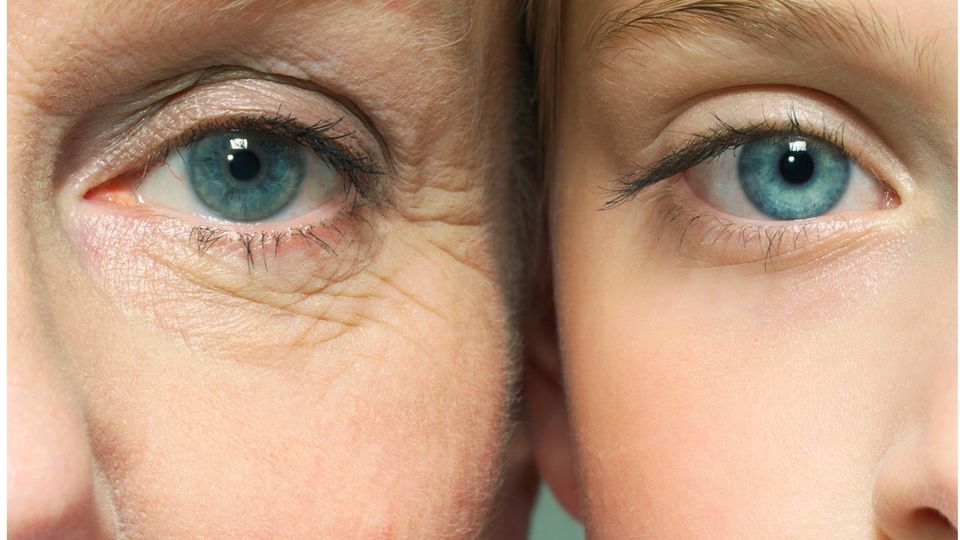column
Westermann reads
Would you take a rejuvenation pill? Maxim Leo investigates this question
Christine Westermann reads: “We will be young” by Maxim Leo
© Photos: Henning Kretschmer/stern; Picture Alliance/DPA
Presenter, journalist and author Christine Westermann loves books. Here she presents her new discoveries every two weeks. This week: “We will be young” by Maxim Leo.
In the photo at the back of the book he is still young. Lots of long hair, that Cigarette sticks casually between his lips, he looks into the camera as if no one could do anything to him.
This photo takes the author back to his youth, says the blurb. That was some time ago, Maxim Leo is now 54 years old and has been a best-selling author for a long time. His wife says that if he tells something, you can safely deduct twenty percent because he is such a fabulous exaggerator. If someone is also an excellent writer, a new book becomes a stroke of luck.
In his novel “We Will Be Young” he refrains from exaggerating and stays pretty close to the facts and the truth. The Japanese Shin’ya Yamanaka discovered that human cells can be rejuvenated through reprogramming and was awarded the Nobel Prize for this. Since then, scientists around the world have been working with huge budgets to develop a rejuvenation pill, “which hardly anyone outside the scientific world seems to have taken notice of,” says Maxim Leo in an interview. For him, “forever young” is no longer a question of if, but of when.
Suddenly young again – thanks to a little pill
In his novel it happens right now, in the summer of 2024. At the Berlin Charité, Professor Martin Mosländer is researching the development of a drug to reprogram heart muscle cells so that they rejuvenate. So far he has successfully tested it on mice, and now four people with heart disease are taking part in his study. The first successes can be seen after just a few months. With unexpected side effects.
17-year-old Jacob remains externally unchanged, but his cells rejuvenate dramatically. It’s stupid for him because he’s in love for the first time, but unfortunately his desire for sex is almost zero because his cells are in the embryo stage.
The teacher Jenny, who thought she couldn’t have children, unexpectedly becomes pregnant.
The extremely wealthy real estate man Wenger, who no longer wants to live because of his heart problems, tells his family about this on his 80th birthday. Only to blossom again shortly afterwards, to the despair of his heirs.
And Verena, the former swimmer and Olympic champion in the 100 meter freestyle, sets new records in an exhibition competition and makes headlines. With this, the news of the rejuvenation pill is out in the world. A groundbreaking medical advance, but a bit like “putting an engine in a car without knowing where the accelerator and brake are.”
What could this mean for all of us?
Maxim Leo writes funny and entertaining. On 300 pages, manages the literary tightrope between novel and non-fiction almost perfectly and with a light hand. He sought advice from scientists and took into account the possible social and moral consequences of the rejuvenation pill.

“We will be young”
by Maxim Leo, Kiepenheuer & Witsch, 304 pages, 24 euros
© Kiepenheuer & Witsch
Does man have the right to play God? Find them Doesn’t youth take place primarily in the head? Does the pill also give you “the enthusiasm, the naivety back? And those constant first times?”
Do you remain who you are? Or would you want to reinvent yourself?
If the pill existed, would the author take it? “I think so, because I’m curious… and I wouldn’t mind getting rid of the damn back pain and being able to sprint at football again.”
It would also be nice to “have a few more hairs on your head again.”
As many as in the photo at the back of the book when he was young.


